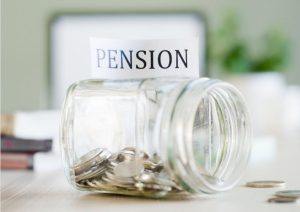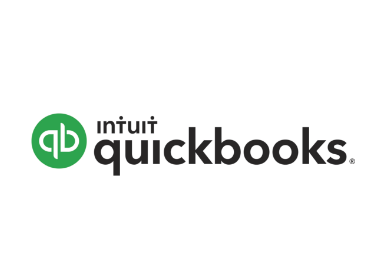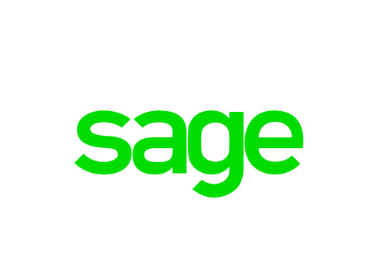The top 5 tax planning tips to implement before the end of the tax year
Posted on 21st March 2023 by Steven Burton
End of the tax year is coming. 5th April is a momentous day for us, but we appreciate we may be alone in this and it could slip under your radar….
So, we thought we would put together “5 top tips” for you, in conjunction with the amazing independent financial advisors we work with.
Before taking action, please ensure you speak with your FCA registered Independent Financial Advisor (IFA) and your accountant.
Ok, eyes down, here we go with our 5 top tips

1) ISA allowance
Did you know you can put in up to £20,000 into an Individual Savings Account (ISA) between 06/04/22 and 05/04/23, which comes with very good tax-efficient benefits?
Worth also considering whether your partner has done the same (they get £20,000 too).
Potentially £40,000 can be invested but you must do this prior to 05/04/23.
Given the increase in interest rates over recent months, individuals holding large amounts of cash based savings may end up receiving interest income which is larger than their personal savings allowance, an ISA could help to avoid this, your IFA can show you how.
You can put in up to £9,000 per child into a junior ISA. A great way of passing money to future generations tax efficiently. Ensure you get the right account opened and make sure you use the 2023 allowance before 05/04/23.

2) Pension funding – for you personally
Investing into a pension is a great way to save for future retirement, and potentially benefit from tax savings today.
If your income exceeds £50,270, you can save significant values of tax by investing into a pension.
The amounts you can invest differ depending on your previous investments, so it is best to get in touch with your IFA who can help you understand the benefits before you make the investments.
If you’re a high earner, you may be able to bring your taxable income down by putting more money in your pension. These can include:
- Bring your income down below the additional rate tax band, which starts at £150,000 (£125,140 from 6/4/23)
- Help you hold on to your Personal Allowance, which is slowly withdrawn once you earn over £100,000, and could help you avoid a 60% tax rate
- Help you hold on to your Child Benefit, which is gradually withdrawn if one parent in the household earns more than £50,000
Word of warning – if your income exceeds £200,000 you may be hit with a nasty tax hit (known as tapering) if your pension investment is not planned.
3) Pension funding – from your limited company
If you own a limited company, setting up a pension scheme and investing into this for your team (including yourself and family members if employed by your company) is a great way to reward them with (potentially) no tax or national insurance due.
If you are one of the employees, you can use the pension investment as a tax planning tool for the company. Any pension investment to an employee can obtain corporation tax relief on the sums invested. So a £40,000 pension investment would save corporation tax of £7,600 (at the current corporation tax rate of 19%, don’t forget this is set to rise to 25% from 01/04/23).
Word of warning – It is always worth considering the personal impact of pension investment when looking at the company angle.

4) Utilising the Capital Gains Tax (CGT) allowances
From 6/4/23, the CGT tax-free allowance will fall from £12,300 to £6,000, and then to £3,000 in 2024/25. Making sure you’re using losses and realising gains at the most appropriate time can make a big difference to the amount of tax you have to pay.

5) Check how closely your IFA and accountant work together
We have great relationships with the independent financial advisors we recommend and always work collaboratively with them. This has a tangible benefit to many of our clients as they receive the best financial investment advice along with the knowledge that any tax impact is reviewed before an investment is made.
If your IFA and accountant are not working side-by-side, maybe it’s time to see how this can benefit you.














